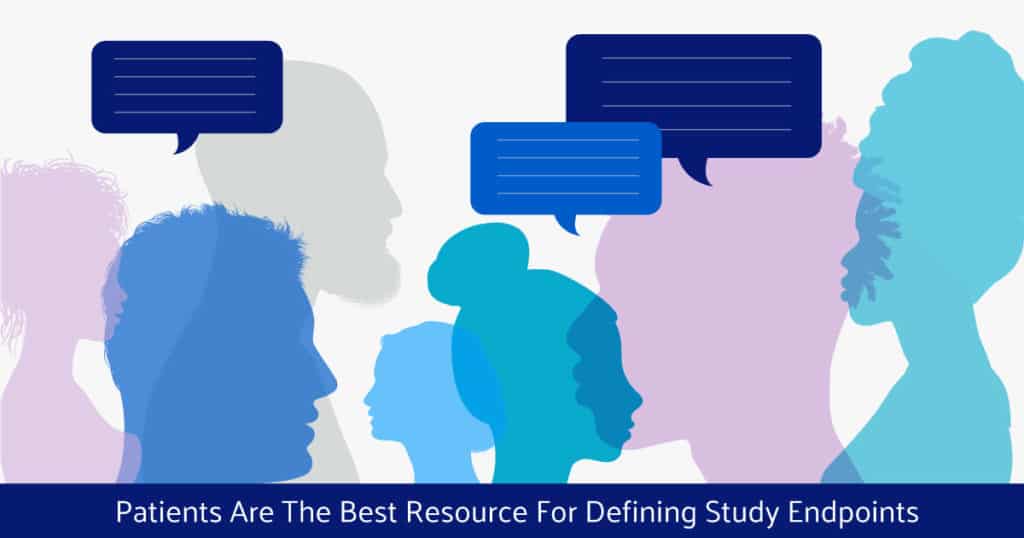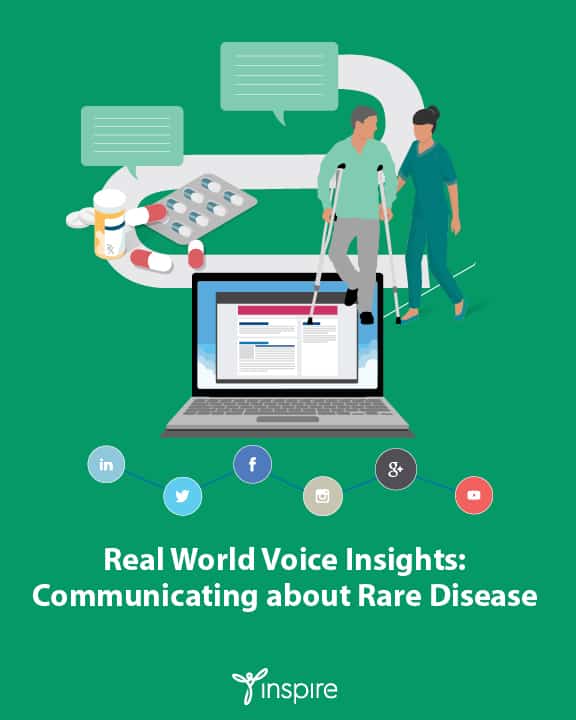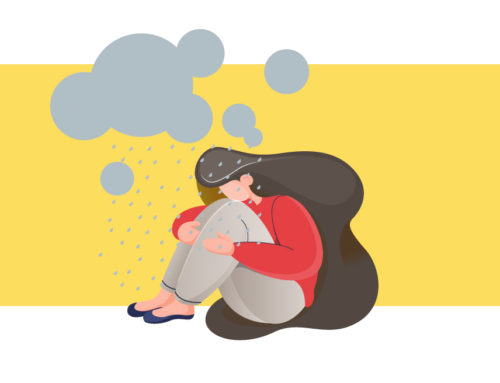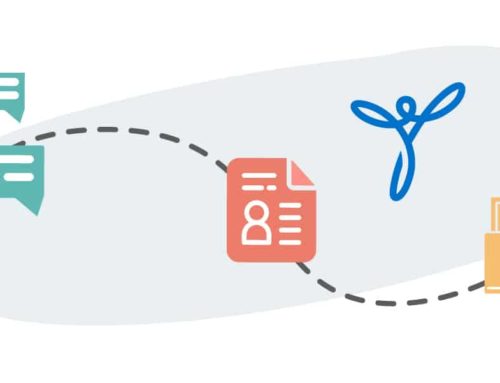Patients Are The Best Resource For Defining Study Endpoints

In September, the World Orphan Drug Congress USA Fall Webinar series opened with a program called: “Understanding the Novel Challenges in Rare Disease Development: Perspectives From Experts.” They took an audience poll, asking attendees to identify their “biggest challenge in rare disease studies” from five choices, including competition for patients; lack of understanding of disease progression; development of appropriate endpoints; lack of data; and global regulatory pathways.
Almost half the respondents — 46% — chose “development of appropriate endpoints” as the biggest challenge in rare disease studies. For some disease sufferers, however, picking an endpoint of a treatment is straightforward. Many cancer drugs are evaluated by the amount of time the treatment delays progression, but Dr. Brian Koffman, diagnosed in 2005 with chronic lymphocytic leukemia with a chromosomal make-up leading to a poor prognosis, wanted a cure.
Dr. Koffman participated in a CAR T-cell clinical trial in 2018. He wrote for the CLL Society, “I have decided that I have the best chance to save my own life while at the same time serving science and the broader CLL community by once again participating in a potentially breakthrough clinical trial. “ At this point, he is cancer-free. For other diseases, the endpoint may not be as straightforward. If researchers find developing endpoints a challenge, perhaps patients can point the way by revealing their needs and the symptoms they want conquered on the way to a cure.
A 2012 ASCPRO (Assessing the Symptoms of Cancer Using Patient-Reported Outcomes) Multisymptom Task Force article, published in the American Cancer Society Journals argued that “[s]ymptom data should be a required component of cancer clinical trials,” and that the patients know best which symptoms matter most in a treatment: “Patient‐reported symptoms provide a unique patient perspective on treatment benefit and risk that goes beyond clinician‐reported adverse events.”1
In fact, online patient and caregiver communications recently revealed previously overlooked symptoms that could be useful as trial endpoints for two different rare diseases: Charcot-Marie-Tooth (CMT) and Hunter Syndrome.
CMT is a rare, progressive neurological disease. Since 2009, people affected by CMT have had a virtual home at the Charcot-Marie-Tooth Support Community on Inspire, which is supported by the Hereditary Neuropathy Foundation (HNF). Starting with a small number of CMT patients and caregivers, membership has grown to over 9,000.
Although pain is a recurring theme in Inspire’s CMT community postings, it was not a recognized part of the symptomatology until a collaboration between HNF and Inspire resulted in several different studies showing that pain was a common symptom in the CMT community. As a result of these efforts, pain is now recognized as an important endpoint in CMT treatment and as an outcomes measure in clinical trials. HNF and Inspire continue to explore opportunities to collaborate to accelerate medical progress and support patients living with CMT.
Hunter Syndrome is an extremely rare and fatal inherited condition where, between the ages of 2 and 4, children suddenly begin to lose skills and cognitive ability they had attained. At World Orphan Drug Congress 2020, Kim Stephens, the parent of a child with Hunter Syndrome, spoke about her son’s involvement with a clinical trial that was using a 2-hour cognitive test to measure an endpoint. A 2-hour test is unendurable for these patients.
While reviewing online communications of other parents, Stephens realized that some of the children enrolled in the trial were described as showing improvements in toileting compared with children not in the study. Stephens and another mother created a toileting questionnaire that can be used as a marker to measure cognitive changes. Several clinical trials are using this patient-centric solution now.2
Both of these examples show that online communication is a resource for discovering previously overlooked symptoms and endpoints. In the case of Hunter Syndrome, the questionnaire also fundamentally lowered a barrier to trial participation for parents. Analyzing patient online conversations reveals previously overlooked endpoints for all studies, not just rare disease.
Inspire offers a trusted community to patients and caregivers. Our goal with this blog, this website and our content is to provide the life science industry access to the true, authentic patient voice. In so doing, we support faithful operationalization of patient-centricity. Take a look at our case studies, eBooks and news outlet coverage.
References:
1https://acsjournals.onlinelibrary.wiley.com/doi/abs/10.1002/cncr.27744
2https://corp.inspire.com/blog/next-generation-online-health-communities/






